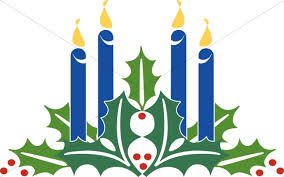The ELCA has created a series of four Advent devotions entitled “Liberated by God’s Grace” for each of the four Sundays in Advent. Here is the link for the devotion for the Fourth Sunday, December 18.
Bishop Eaton notes that “churches shaped by the 16th century reformations—the Anglican Church of Canada, the Evangelical Lutheran Church in Canada, the Episcopal Church, and the Evangelical Lutheran Church in America all participate in a ministry of reconciliation.” Over fifteen years ago, these churches’ respective full communion agreements inaugurated new relationships. Bishop Eaton says, “We are committed to working together toward reconciliation—of the church, and of the deepest social ills that plague our world. It is our hope, together with you, to be signs of anticipation—of the “already, but not yet” of God’s realm of reconciliation, justice, and peace. In this spirit we have prepared a series of devotions for the season of Advent…”




